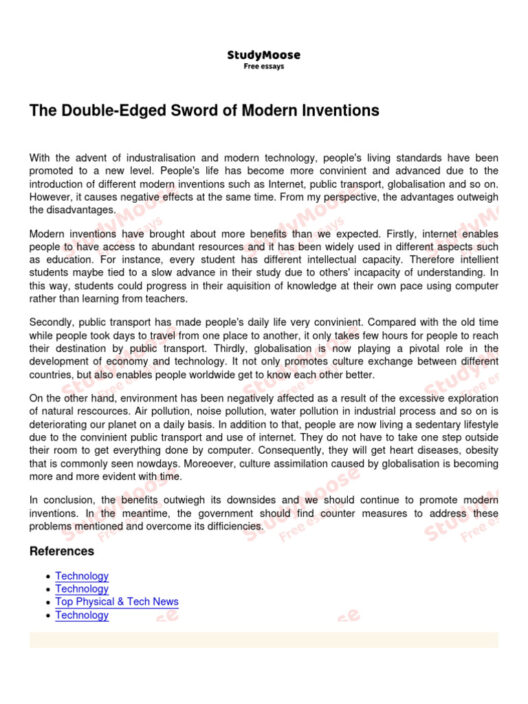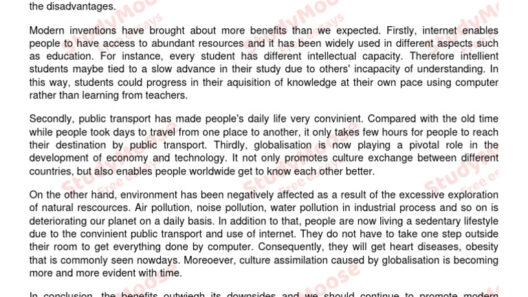The United States stands at a critical juncture regarding climate change, where its role in averting global warming will dictate not merely the future of its own environments, but also those across the globe. A multifaceted approach is necessary to delineate the course of action that fosters sustainability while reinforcing the country’s standing as a leader in global environmental stewardship. The path forward must encompass a synthesis of policy innovation, technological advance, economic reformation, and public engagement.
Global warming is not merely an environmental issue but an existential crisis, affecting weather patterns, sea levels, and biodiversity. The evidence is incontrovertible: rising temperatures are linked inexorably to human activities, primarily the combustion of fossil fuels. Thus, the first imperative is to shift the national energy paradigm from fossil fuels to renewable resources. In doing so, not only does the U.S. have the opportunity to significantly curtail greenhouse gas emissions, but it also has a chance to catalyze economic growth through renewable energy jobs.
Transitioning to renewable energy is far more than a logistical challenge; it necessitates an expansive cultural shift toward sustainability. Achieving this cultural metamorphosis entails not only legislative action but also educational endeavors that inform the public about the ramifications of climate change. Renewable energy sources such as solar, wind, and hydropower have the potential to power millions of homes and businesses, thus diminishing the carbon footprint. Piloting community initiatives that demonstrate the feasibility and affordability of these technologies can foster grassroots acceptance and enthusiasm, propelling broader societal change.
Policies such as a robust carbon pricing mechanism could steer organizations and individuals towards greener practices. By assigning a monetary value to carbon emissions, companies would be incentivized to innovate and reduce their environmental impact. Furthermore, this economic apparatus could generate funds that can be redirected into strengthening infrastructure. Investing in green infrastructure—such as enhancing public transport systems—will not only mitigate emissions but also stimulate job creation in local communities. This dual advantage presents a compelling case for both fiscal responsibility and environmental consciousness.
The United States must also re-establish its role within the global arena concerning climate change. Re-engaging in international accords, such as the Paris Agreement, would reaffirm commitment to collective action against global warming, while simultaneously inspiring other nations to elevate their commitments. Diplomacy and alliances should be cultivated to share technology, resources, and strategies for sustainable development. Active participation in global collaborations can also galvanize U.S. industries to lead in clean technology innovations, enhancing competitiveness in a rapidly evolving market landscape.
The transportation sector stands as one of the largest contributors to carbon emissions. Therefore, transitioning to electric and alternative fuel vehicles is paramount. To facilitate this transition, federal subsidies for electric vehicles, as well as investments in charging infrastructure, should be prioritized. Public-private partnerships could provide the necessary capital influx for extensive deployments while also heightening consumer awareness regarding the viability of electric transportation. Not only can this move reduce dependency on fossil fuels, thus curbing emissions, but it also offers an opportunity to cultivate a thriving domestic manufacturing sector focused on green technologies.
Moreover, agriculture must be examined through the lens of its environmental impact. Conventional farming practices are significant contributors to greenhouse gases. Promoting sustainable agriculture practices, such as regenerative farming, can enhance soil health, increase biodiversity, and sequester carbon. Encouraging local food systems through community-supported agriculture (CSA) leads to reduced transportation emissions and fosters resilience within local economies. Education concerning organic practices and crop rotation can empower farmers to transition toward more sustainable operations, thus participating in the broader goal of reducing global warming.
To further engage the public and foster curiosity about climate action, media representation of environmental issues should emphasize positive narratives about change. The power of storytelling can inspire individuals to become advocates in their communities. Initiatives such as tree-planting events, beach clean-ups, and educational seminars on the impacts of climate change can activate local stewardship, converting passive interest into active participation. When people see tangible impacts of their efforts, the movement to combat global warming can gain the momentum required for systemic change.
In tandem with grassroots movements, the scientific community must be mobilized to provide rigorous data to support policy recommendations. Investment in climate research can yield groundbreaking insights into effective mitigation strategies and adaptation techniques. By integrating scientific findings into legislative proposals, policymakers can create informed regulations that adequately address the realities of climate change while fostering economic innovation.
Climate action is not merely an option; it is an imperative. By adopting a proactive stance and reinforcing collaboration across sectors, the United States can halt its trajectory toward global warming. The dual promise of sustained economic opportunity and ecological integrity lies within reach, but only through unwavering commitment and comprehensive action will the nation succeed in turning the tide against climate change. Each citizen, corporation, and government has a role in this systemic transformation. It is time to embrace innovative solutions and cultivate unwavering resolve in the quest for a sustainable future.







